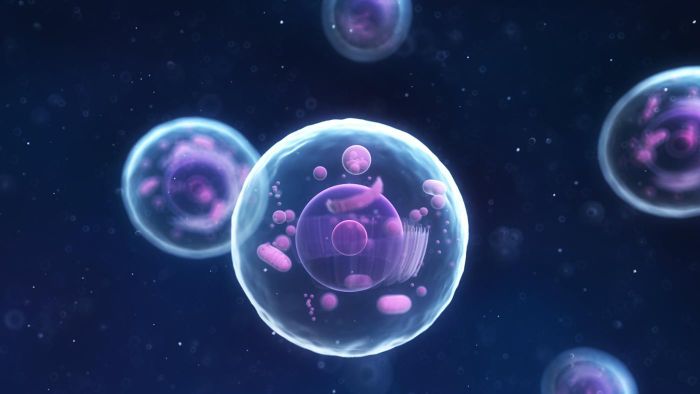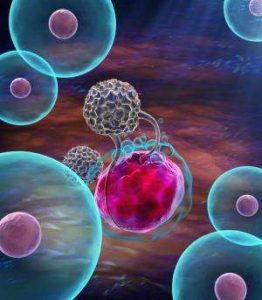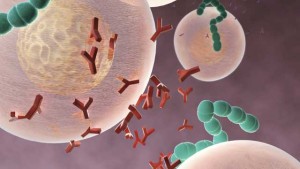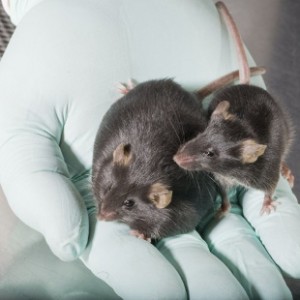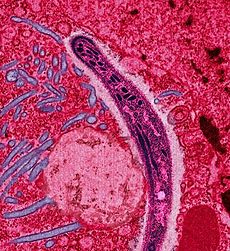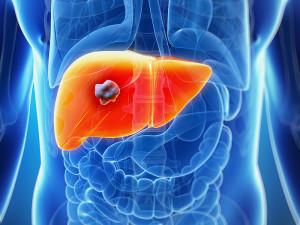Making a mature cell skeleton
Actin molecules are critical components of the cytoskeleton, controlling processes such as cellular organization, organelle trafficking, and force generation. Actin proteins contain an N-terminal acetylated methionine that gets removed during maturation by a specific and previously unknown enzyme. Haahr et al. identified the protease ACTMAP, which modifies all actin molecules in all cell types. Ablation of this factor converts the actin cytoskeleton to a permanent immature state that supports life but comes at the expense of muscle weakness. —SMH
Abstract
Protein synthesis generally starts with a methionine that is removed during translation. However, cytoplasmic actin defies this rule because its synthesis involves noncanonical excision of the acetylated methionine by an unidentified enzyme after translation. Here, we identified C19orf54, named ACTMAP (actin maturation protease), as this enzyme. Its ablation resulted in viable mice in which the cytoskeleton was composed of immature actin molecules across all tissues. However, in skeletal muscle, the lengths of sarcomeric actin filaments were shorter, muscle function was decreased, and centralized nuclei, a common hallmark of myopathies, progressively accumulated. Thus, ACTMAP encodes the missing factor required for the synthesis of mature actin and regulates specific actin-dependent traits in vivo.

